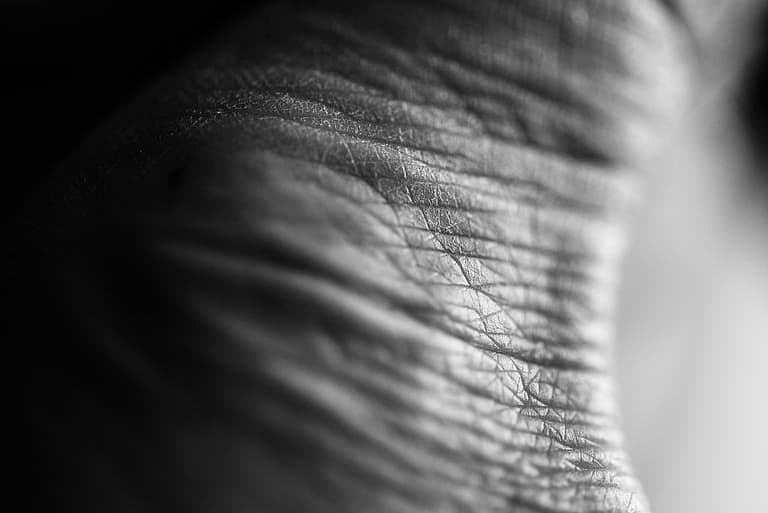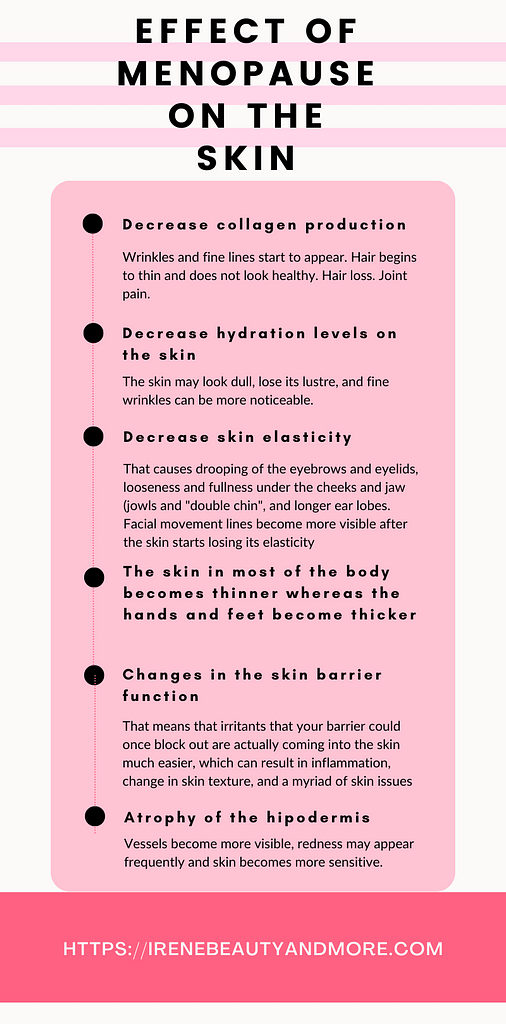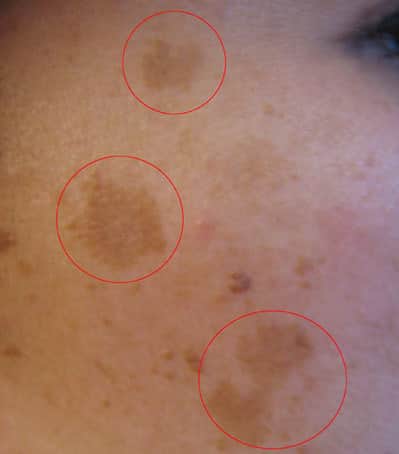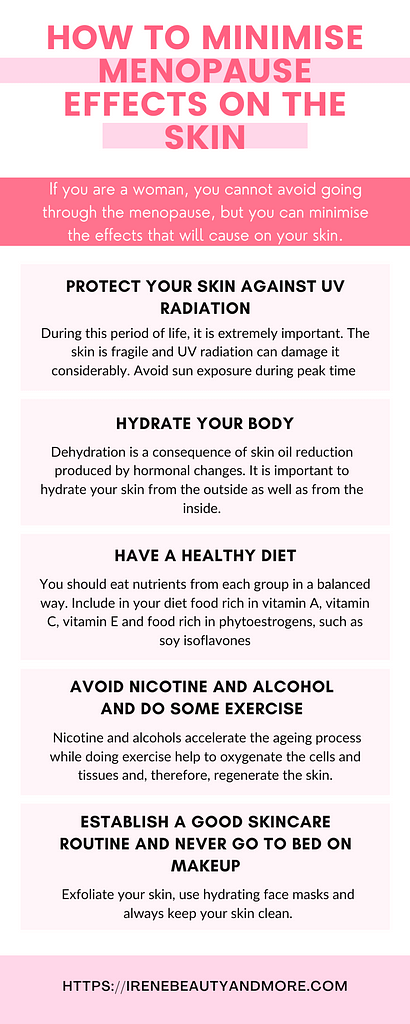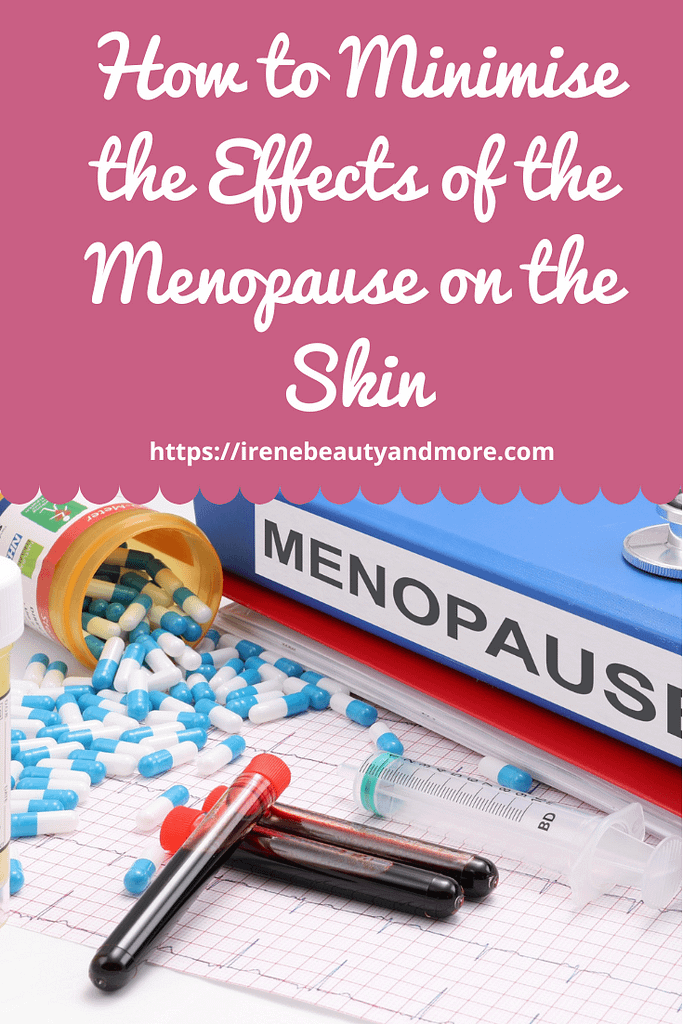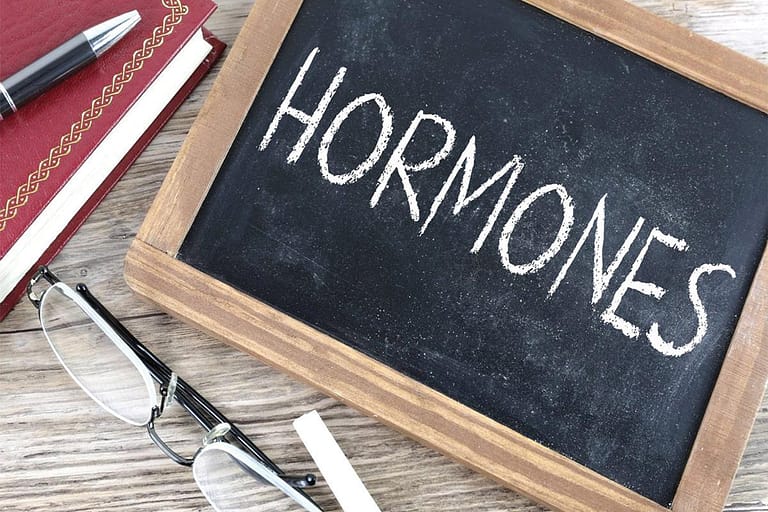
How to Minimise the Effect of Menopause on the Skin » Irene
Bear in mind that some of the links in this post are affiliate links and if you go through them to make a purchase I will earn a commission. Keep in mind that I link these companies and their products because of their quality and not because of the commission I receive from your purchases. The decision is yours, and whether or not you decide to buy something is completely up to you.
This post should interest any woman irrespective of whether you are going through menopause or not. As women, we are all going to reach that part of our life which brings a lot of changes, including changes in the skin. In this post, I am going to discuss the effect of menopause on the skin and I am going to give you some tips to reduce these effects.
What is menopause?
Menopause is a biological process happening to every woman between the ages of 45 and 55 years. It is the absence of menstruation during 12 consecutive months without any pathological reason. The NHS says:
Menopause is when a woman stops having periods and is no longer able to get pregnant naturally
NHS
Around 50 years old women suffer hormonal imbalance which stops the ovulation process and, therefore, menstruation and reproductive capacity.
What happens during menopause?
There are lots of symptoms associated with menopause and which are consequences of low oestrogen levels like osteoporosis, hot flushes, swinging mood among others. The lack of oestrogens has also an influence on skin and hair.
As the oestrogen levels go down there is a decrease in collagen production. Collagen is a protein which gives elasticity to the skin and avoids dullness in the tissues. It is responsible for the epidermis‘ good conditions. At the same time, there is a decrease in elastin production, which again contributes to tissue dullness.
It is also very common during this part of life to suffer a decrease in skin hydration levels. That can be due to different factors. On one side, when ageing we lose the thirst sensation and sometimes we forget to drink water. Drinking plenty of water is key for keeping skin hydrated.
On the other side as a consequence of the hormonal imbalance, the skin suffers changes affecting the barrier function. The skin is unable to lock moisture inside.
There are other effects menopause causes on the skin which are related to the skin in the hands and feet. The skin on this part of the body, mainly hand and feet palms, suffer a process called keratosis which consists of an increase in the skin thickness. While most of the skin in the body gets thinner during menopause, the skin in the palms of hands and feet becomes thicker producing calluses and cracked heels.
Another problem that skin can suffer during menopause is the appearance of dark spots. As I explained in a previous post, there are different causes for hyperpigmentation and menopause is one of them. In this case, the dark spots appear as a consequence of the accumulated damage in the cells produces by UV radiation.
What are the effects of menopause on the skin?
We can summarize all the changes happening during menopause below
- Decrease collagen production
- Decrease hydration levels on the skin
- Decrease skin elasticity
- The skin in most of the body becomes thinner whereas the hands and feet become thicker.
- Changes in the skin barrier function
- Atrophy of the hypodermis
In general, we can say that all the skin layers are affected in one way or another.
What are the consequences of these changes?
All these changes have different consequences.
- Skin becomes dry. Even people with oily skin can feel dryness after menopause.
A direct consequence of the decrease of collagen and elastin production is the appearance of wrinkles and fine lines as well as skin dullness.
- Skin becomes fragile. That is a consequence of the skin getting thinner. Sometimes it becomes so thin that it may suffer wounds easily. They will take longer for healing also.
- The skin does not look luminous and the tone is uneven. As I mentioned, the appearance of dark spots is really common.
What can we do to minimise the effect of menopause on the skin?
We cannot stop menopause and the changes associated with it but we can minimise the effects. If the effects you are suffering are very strong and they are having a negative influence on your daily life you should seek a doctor’s advice.
In terms of the skin, the following tips may help:
Protect your skin from UV radiation.
I always advise to use sun protection but during this period of life, it is extremely important. The skin is fragile and UV radiation can damage it considerably. Avoid sun exposure during peak time (12 to 4 pm)
Hydrate your body.
Dehydration is a consequence of skin oil reduction produced by hormonal changes. It is important to hydrate your skin from the outside by using a good moisturiser indicated for mature skin as well as from the inside by drinking plenty of water (around 2 L every day).
Have a healthy diet.
You should eat nutrients from each group (proteins, fatty acids and carbohydrates) in a balanced way. Include in your diet food rich in vitamin A (antioxidant), vitamin C (helps with collagen production), vitamin E (protects against free radicals) and food rich in phytoestrogens, such as soy isoflavones.
Isoflavones help to minimise the effects of hormonal changes slowing down the collagen reduction process and, therefore, the ageing process.
Avoid nicotine and alcohol.
This type of substance accelerates the ageing process and appearance of dryness, fine lines and wrinkles.
Do some exercise.
When you make exercise the oxygen levels in tissues increase and that helps to regenerate the skin.
Establish a good skincare routine.
Include in your skincare routine the exfoliation to eliminate dead cells. Dead cell accumulation has a negative effect on oxygen distribution and, therefore, skin renewal.
The use of a face mask (and I mean the cosmetics, not the other…..) is also important to keep skin hydrated. Use a face mask at least once a week and try to include ingredients like hyaluronic acid and vitamin C.
Do not forget to include your neck in the skincare routine. Apply the same product you use on your face to the neck and neckline. They also suffer the consequence of ageing.
Finally, never go to bed with makeup. There are three steps very important that everybody should do before going to bed. These cleanse, tonify and nourish.
Are you going through all these changes? Which changes are you suffering or worry you more? Let me know in the comments.
